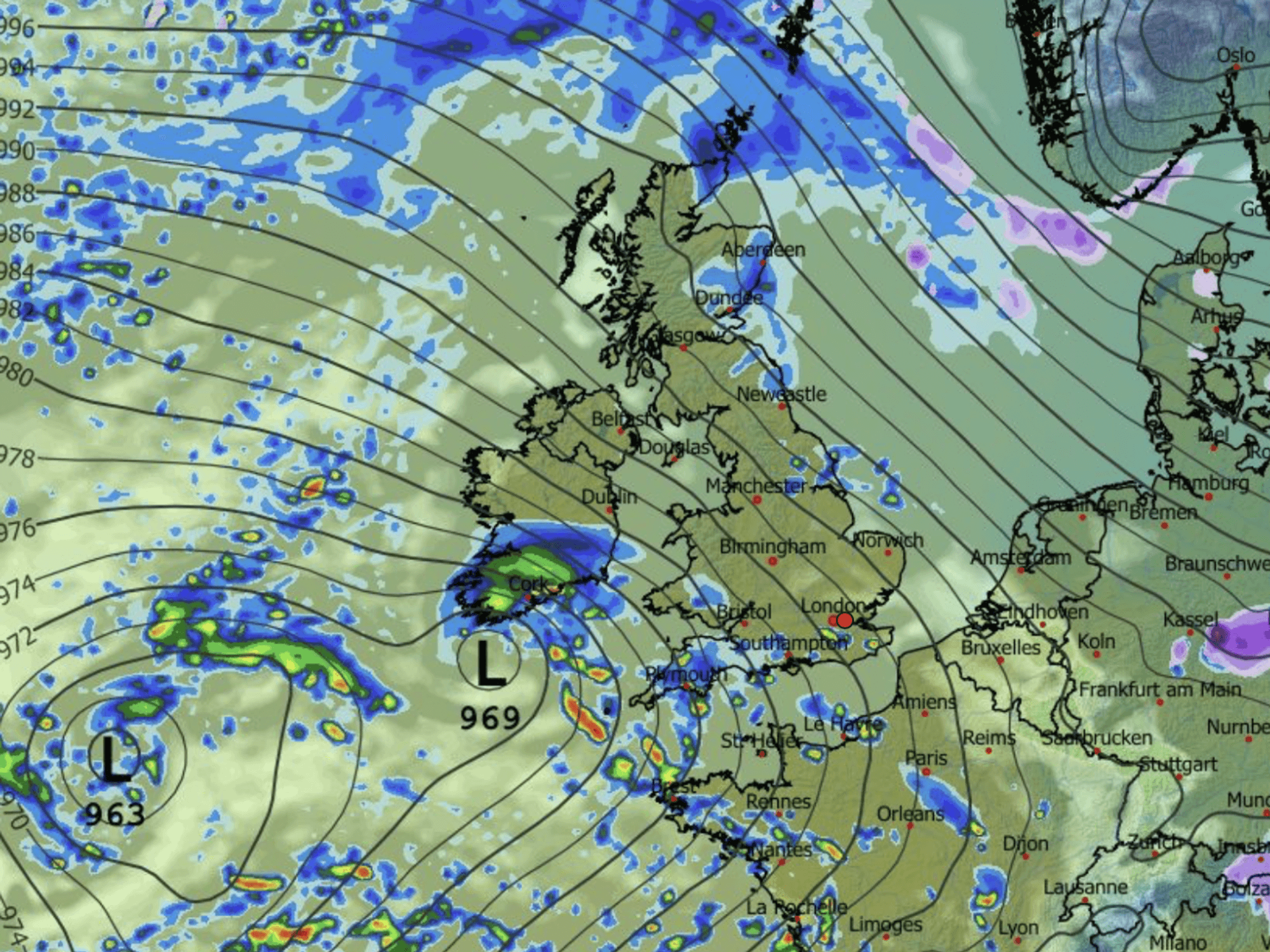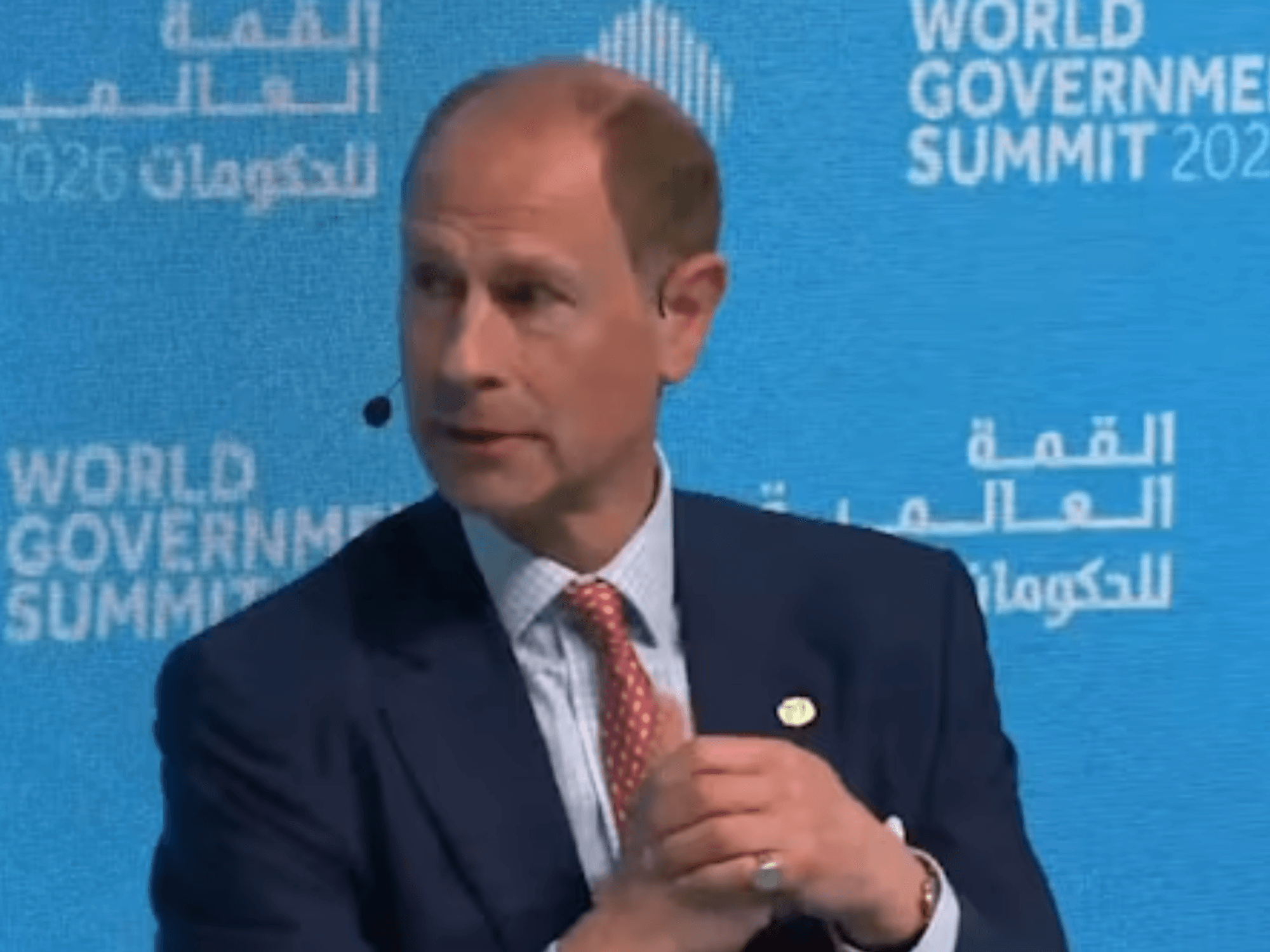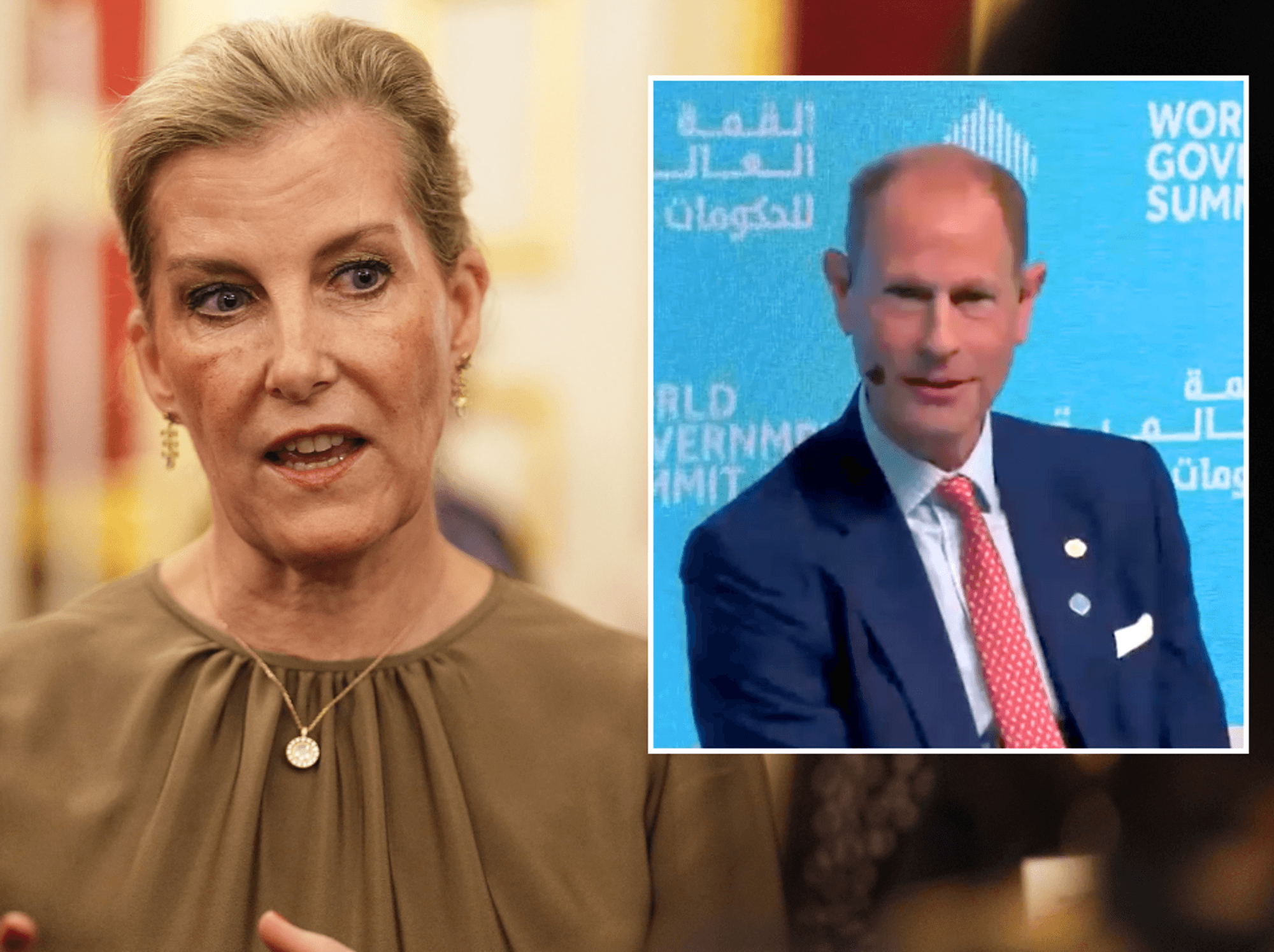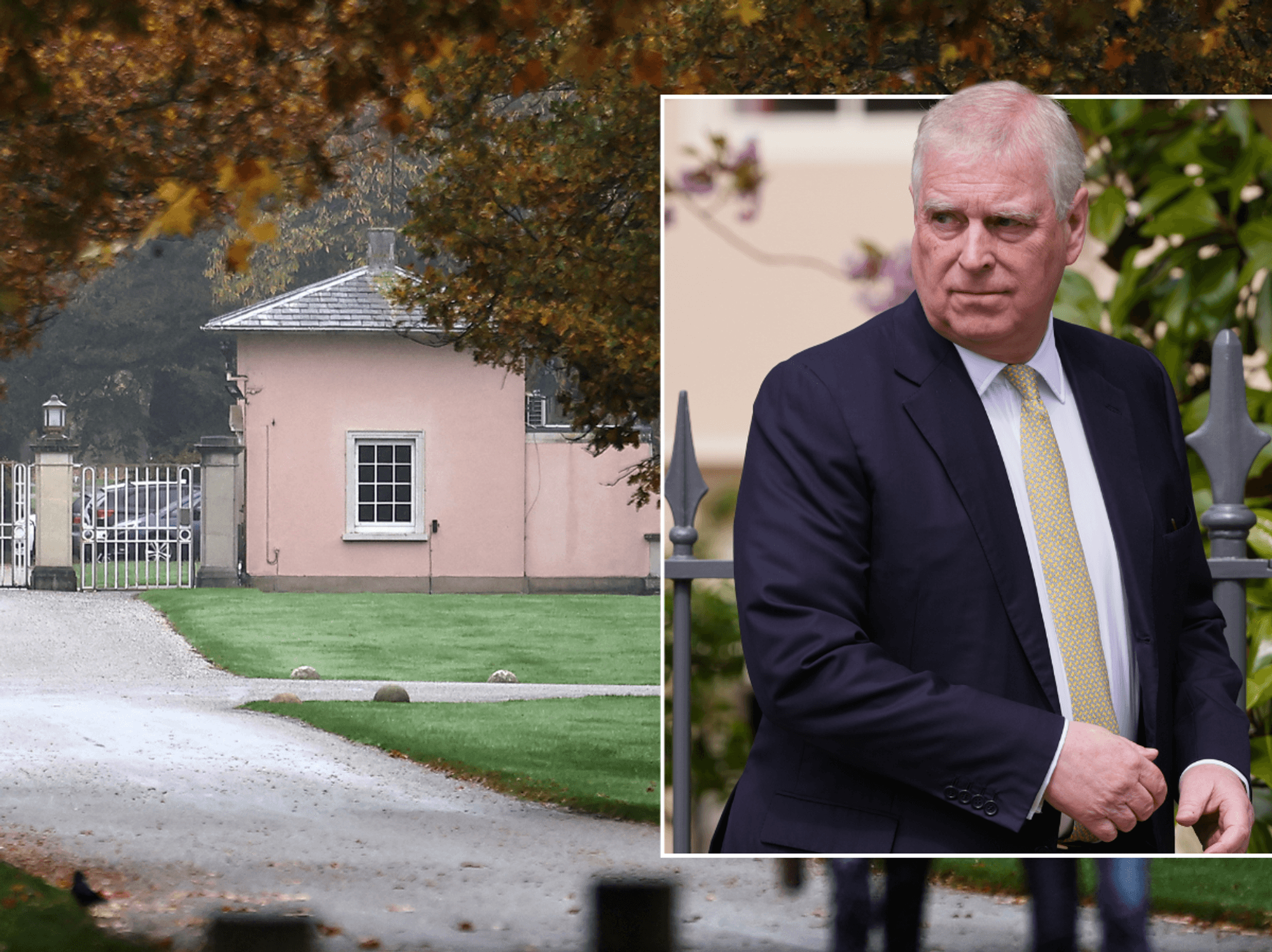Grief could increase chances of an early death by almost 90%, new study shows
The research team monitored 1,735 Danish participants who had experienced bereavement over the course of a decade
Don't Miss
Most Read
Individuals experiencing severe and enduring grief face an 88 per cent increased risk of death within ten years of losing someone close to them.
The comprehensive study tracked bereaved individuals over a decade and discovered that those suffering from persistent, intense grief symptoms were nearly twice as likely to die compared to those experiencing less severe symptoms of grief.
Danish scientists categorised bereaved individuals into five distinct patterns of grief response following the death of a loved one.
The subsequent findings revealed a stark correlation between the severity of grief experienced and subsequent mortality rates.
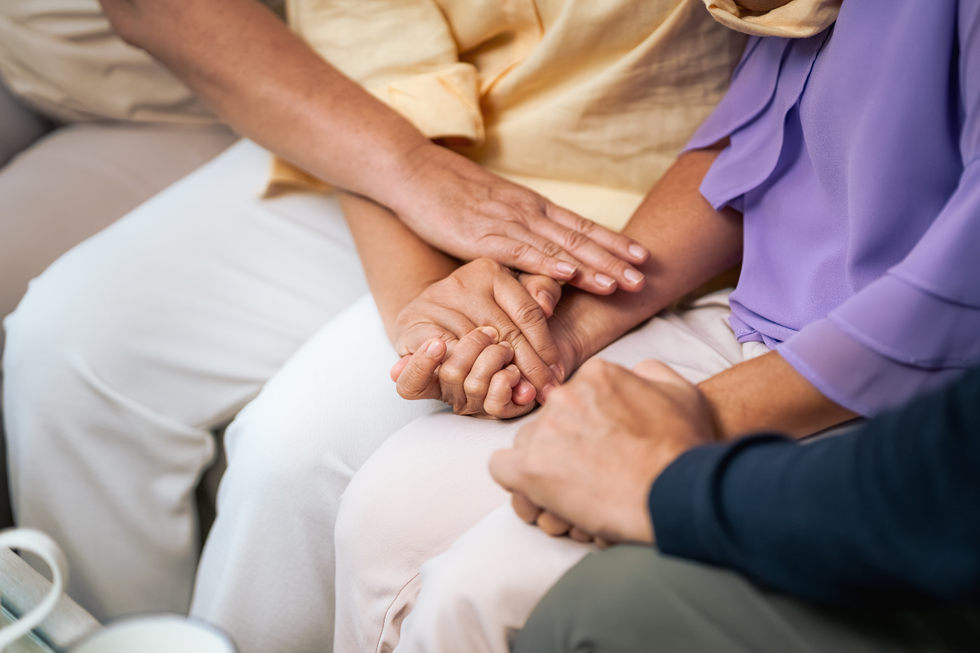
Those severely suffering from grief risk an early death, the study shows
|GETTY
The research team monitored 1,735 Danish participants who had experienced bereavement, with subjects averaging 62 years of age when the study commenced in 2012.
Through a decade-long investigation, participants completed multiple questionnaires that enabled researchers to assess their grief symptoms and experiences over time.
The study population comprised individuals who had lost various types of close relationships. Two-thirds had experienced the death of a spouse or partner, while 27 per cent had lost a parent.
The remaining seven per cent had suffered the loss of other significant relationships.
LATEST DEVELOPMENTS
Researchers analysed the questionnaire responses to establish five separate trajectories that characterised how grief manifested and evolved amongst the bereaved participants.
In the end, results revealed that six per cent of participants suffered from persistently elevated grief symptoms, while 38 per cent reported consistently minimal grief levels.
Those in the high-grief category indicated significantly greater healthcare utilisation three years following their loss.
Medical service usage amongst the severely grieving group showed striking increases. They were 186 per cent more likely to access counselling or mental health support services and the likelihood of this group receiving antidepressant prescriptions jumped by 463 per cent.

Those experiencing higher levels of grief were found to be prescribed drugs more often
|GETTY
Additionally, these individuals showed a 160 per cent increased probability of being prescribed sedatives or anti-anxiety medications compared to those experiencing lower grief levels.
So far, previous research has established links between elevated grief symptoms and increased rates of cardiovascular illness, psychological disorders and suicide.
And, now, after emphasising the need for further investigation of the link between grief and mortality, study author Dr Mette Kjærgaard Nielsen said that individuals vulnerable to severe grief patterns could be identified early in the bereavement process, recommending: "A GP could look for previous signs of depression and other severe mental health conditions.
"They can then offer these patients tailored follow-up in general practice, or refer them to a private-practice psychologist or secondary care."
She further recommended that doctors consider scheduling bereavement appointments to assess and review patients' mental health.






